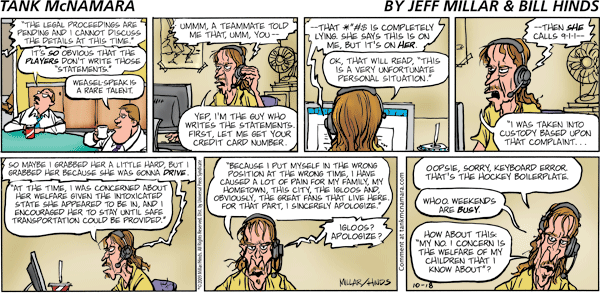An availing collocation
Paul Krugman, "The Banks Are Not Alright", NYT, 10/18/2009:
Mr. Summers still insists that the administration did the right thing: more government provision of capital, he says, would not “have been an availing strategy for solving problems.”
Use of "availing" in this way struck me as a new linguistic strategy. But the OED gives availing as a participial adjective meaning "Advantageous, profitable; of beneficial efficiency", with glosses back to the 15th century:
c1420 Pallad. on Husb. I. 562 To faat hem is avayling and plesaunte. 1850 MRS. BROWNING Substitution Poems I. 327 Speak Thou, availing Christ! 1862 RUSKIN Unto this Last 118 A truly valuable or availing thing is that which leads to life with its whole strength.
Read the rest of this entry »

